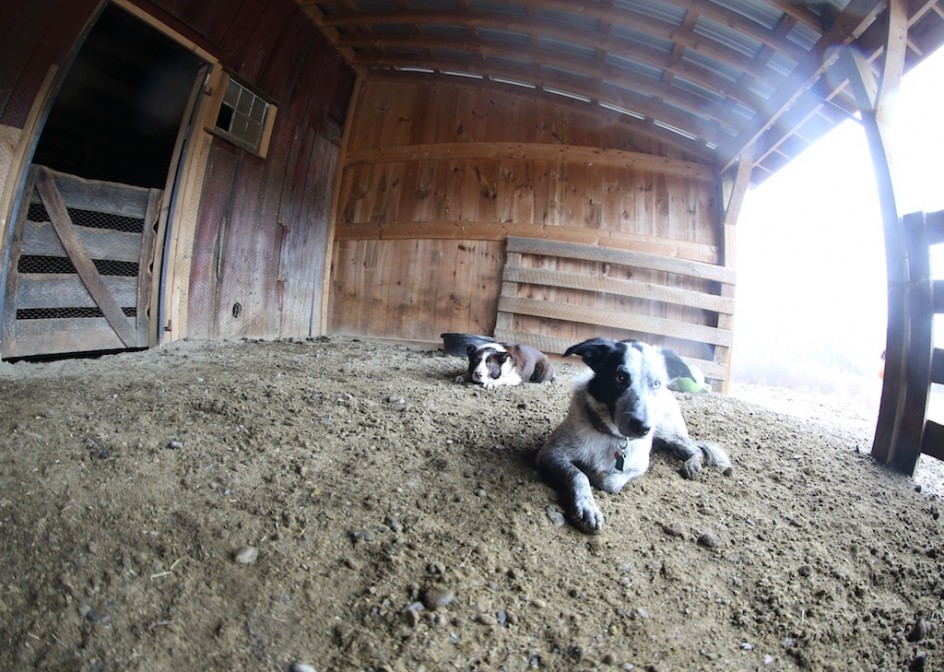
This morning, I had the pleasure of turning down an award from a prestigious national blogger’s association that gives out supposedly prestigious awards for blogs that are special. It had no appeal for me, I didn’t want to be ungrateful, but I just wasn’t interested. It seemed just another kind of self-serving marketing idea to me, I see blog awards all over the Internet, and I have no idea what they mean or what they are worth.
Many of them can be bought outright.
Awards are another path to narcissism to me, the best award any blog can possibly receive is a lot of readers who read it every day, and so far, I am blessed. That is the only reward I think I need. When you get into the business of worrying about what others define as good, you are heading towards the bog of marketing, not creativity. The problem with marketing is that it crushes individuality, everyone gets the same advice, which make sit worthless.
The blog has become the locus of my creative life in many ways, the outlet for my thoughts, my madness, my passion, my creativity and my occasional good idea. The award offer (for $50, you can get a widget installed on your blog to make the award a permanent feature there. Why, I wonder, did I wince at that idea?)
I love my blog and I think one of the reasons I love it is that it is a reflection in so many ways of the part of me that celebrates not doing what I am supposed to do, am told to do, am advised to do. My blog is the reflection of an individual, not a corporate idea.
The blog is essentially a creative construction that is based on things I am not supposed to do on a blog:
- No ads. People have been telling me for years to put ads up on the site, but apart from one ad for Fromm dog food for a year (it went down a month ago), I won’t take ads and don’t want them. People are drowning in ads, I have nothing against them and could surely use the money, but the blog is an escape from some of that, in many ways, There is a purity about it that I love and wish to keep. No distractions from the ideas.
- Long posts. The Internet wisdom is that blogs must have short blocks of text. People won’t read long things. Blessedly, that is not true. Some subjects – the New York Carriage Horses, my life, spirituality, recovery – require more than 500 words to be meaningful or useful to people. To stick to their bellies. I have almost never gotten complaints about the lengths of some of my posts, and people are not shy about complaining here.
- Good spelling and good grammar is not the same as good writing. My choice has always been clear, to offer a lot of content and photos, to write a lot or proofread a lot. More and more I am proofreading, with the help of some new proofing programs. But I don’t want the blog to be constipated, I don’t believe the text has to be perfect before it goes up, that is just another way of censoring myself by writing less. And online, writing frequently is important, people have many places to go. Spelling is important, so is grammar, but I don’t have editors or assistants on the farm, it is all me, and generally, I choose productivity and relevance or anal obsessing about perfection. I am not a perfect man, why should my writing be perfect? I want my writing to be a reflection of me, and where I am now, I don’t wish to present a phony or scrubbed image of myself.
- The marketers have always told me that people want cute photos of animals, not provocative reflections about spirituality, culture, movies, philosophy, or life. Nuts to that. My focus will always be on the animals I live with and write about, but that is only one focus. My blog is a memoir, it is about a whole life, not a single topic. The dogs and donkeys are a big part of it, but only one part. I keep broadening my subject matter, but not too much. This is not a political or news site, there are plenty of those, not too many who do what I do. There is no such thing as a perfect life, and I don’t have one or want one. You will not find one here.
- Cream rises. I reject marketing notions about content, attention spans and style. The good blogs have good content, offered regularly and frequently, they respect their readers, they do not insult them by treating them as stupid or witless. I love the dialogue I have with my readers, their messages stimulate, inspire and educate me. I will never patronize them by dumbing down my site, making it cute, turning to marketers for creative direction. If I am to succeed, I want it to be on merit, not somebody else’s idea of a reward or an award.
- Coherence. There is a big video revolution out there, and blogs are supposed to be visual, not textual. My blog is both, equal parts words and images, but I like the coherent format, it is basically about words and images, it doesn’t move or shout too much. I like it that way. I don’t think it will change much. I want it to be familiar and comforting to people.
- Blogs will kill books. When I began my blog in 2007, my publisher went berserk. They dissed my photos (“Hallmark Cards,” one editor said) and told me if I wrote too much on my blog, nobody would read my books. That was wrong. The blog supported my books and now, the blog is my book in important ways. One supports the other, it isn’t one or the other.
- Arguing. I don’t argue my beliefs or ideas. My life is not an argument, people are free to agree with me or not agree with me, I do not wish to spent my life arguing with strangers online. If you wish to argue, get on over to CNN or Fox News, that is not what I am about. I don’t tell other people what to do or think, only what I do or think. I don’t preach or persuade (okay, except about the carriage horses). In the age of raging arguments, I believe we all have the right to present our beliefs without continuous challenge and anger. People often tell me they enjoy the blog, even though they sometimes disagree with it. That’s the way it ought to be, that is what a writer in a free society ought to be doing. I don’t need worship, adulation or agreement. If I can get somebody to laugh or think or feel, it’s a great day for the blog.
- Facebook and social media. Both require discipline and boundaries. I go on Facebook once or twice a day to answer questions that are offered in a civil and rational way. I do not answer questions about how my dogs are, where my farm is, what the weather is in upstate New York, or how I’m feeling. People can read the blog for that. I want to share my life, not turn it over to strangers who are sometimes rude and invasive, and very often supportive and interesting. I want to keep my head clear for my writing and photography and life, I don’t need to tell people when I am going shopping or in a bad mood. I know many good people who have been damaged by what I consider a social disease – obsessing on digital messaging.
- Finally, my blog is a monologue, not a dialogue.I don’t permit comment on the blog, moderated or not. Comments are permitted on Facebook. I don’t need to know what everyone in the world things about everything I wrote. No one has the moral right to come into my spaces – material or digital – and be rude and cruel. My Facebook pages are generally civil and respectful, and I love to do something else I am not supposed to do – boot obnoxious, intrusive, self-righteous and nasty people off of my sites whenever I find them. It is God’s work.
So those are some, not all, of the things I am not supposed to do on my blog. I guess it is a good reflection of who I am and want to be. I believe the best blogs are the most authentic, for better or worse. I love recognition and I love success, but I think the best award I could possible get is for you to read me and feel like you have taken something away from what I write. It can be a smile, a feeling or an idea. And yes, you are welcome to support my work if you feel so inclined. Another kind of reward.



